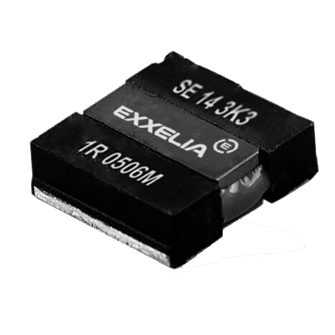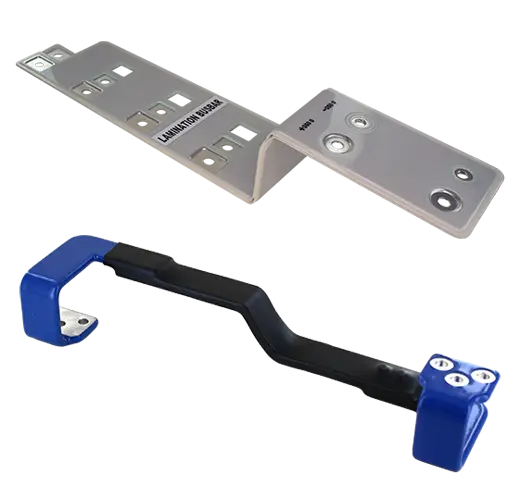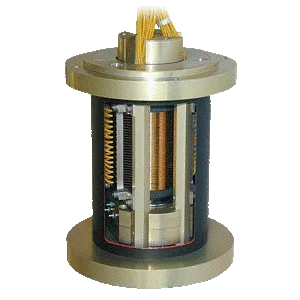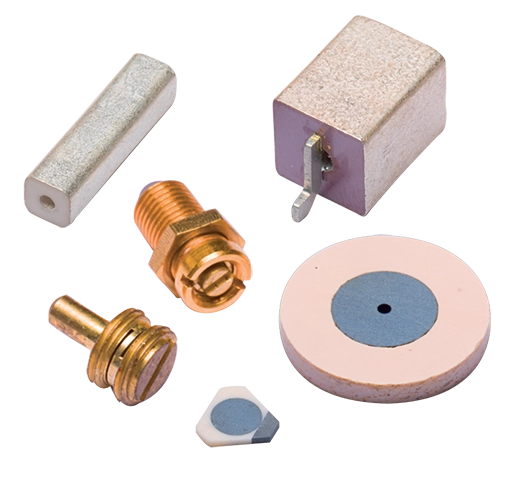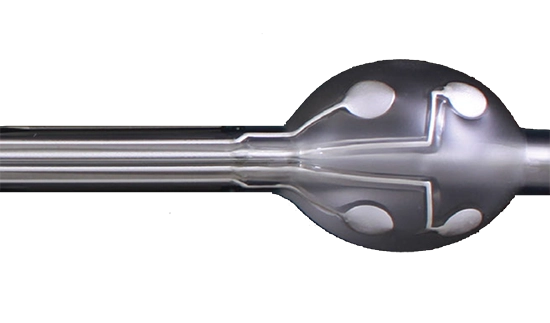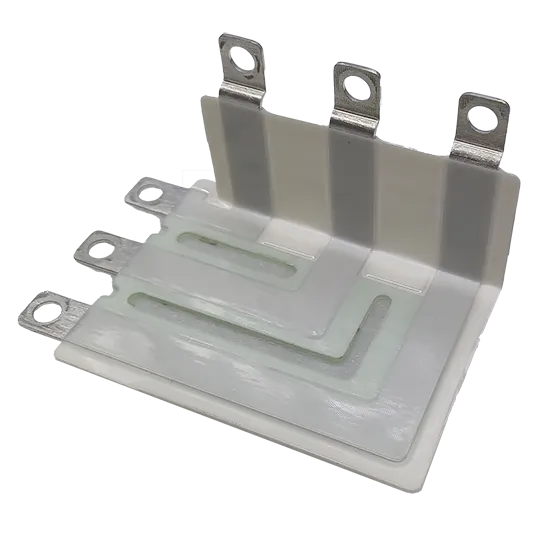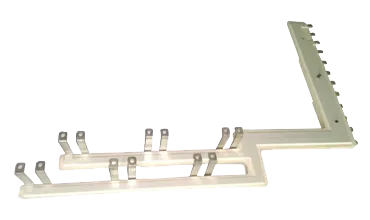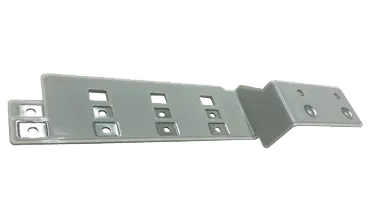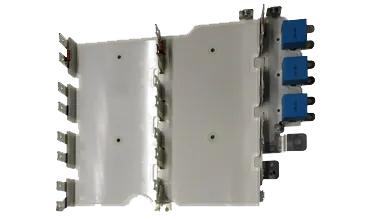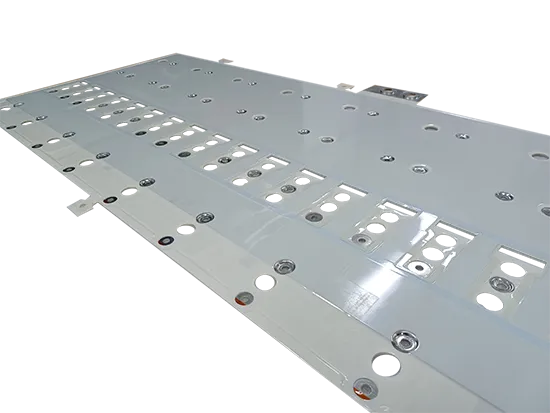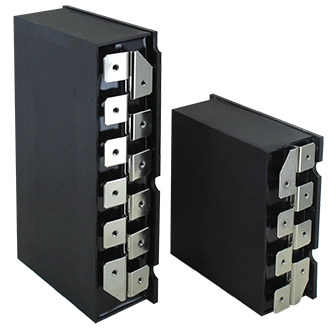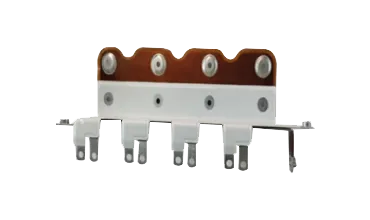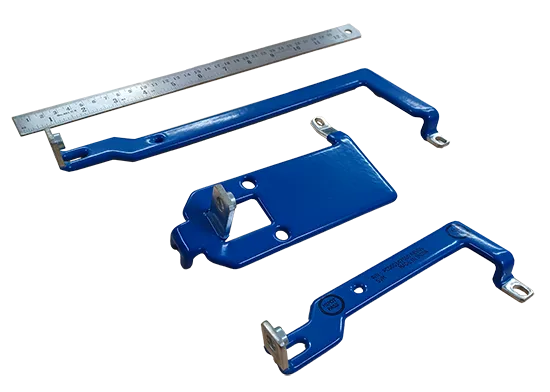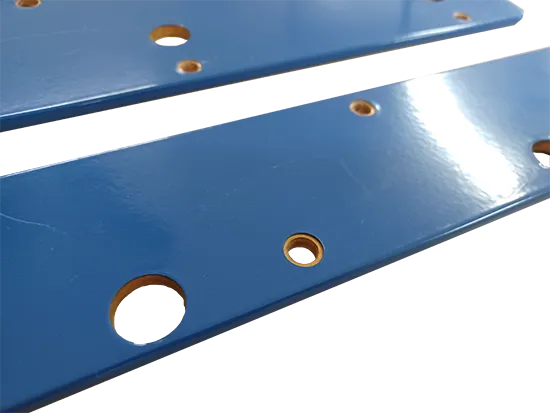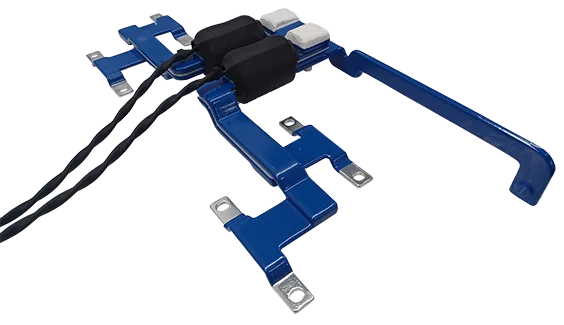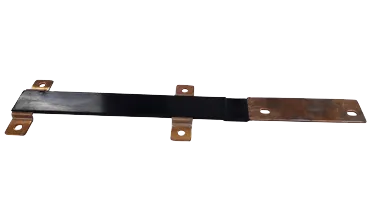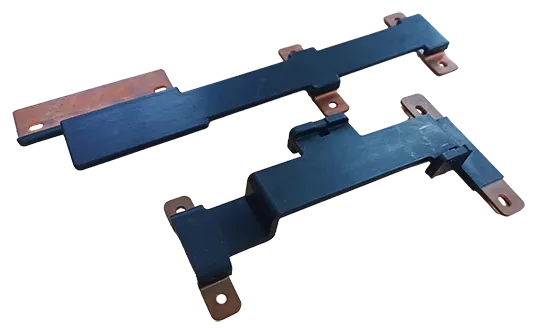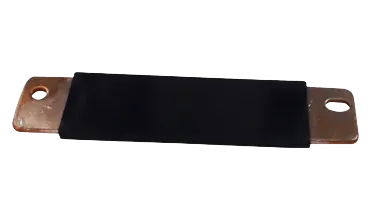
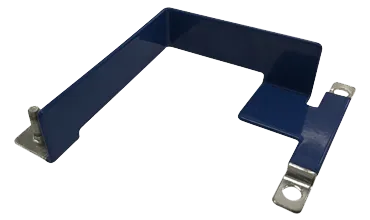
- Resicoat epoxy powder is an excellent electrical insulator with good resistance against chemicals, heat & moisture.
- It has got good strength and adhesion to conductors like copper and aluminium.
- Product after powder coating could bear a service temperature of upto 130 deg.
-
Bus bar type
Epoxy powder coated
-
Length
350mm
-
Width
390mm
-
Height
65mm
-
Conductor
Copper
-
Conductor thickness
3mm
-
Plating
Tin, Gold
-
Operating Temp
130°C
Typical applications :
- Interconnection of Capacitor Links, DC Link, IGBT Power Module, Power and Measuring Components, High Current Inductors etc for various markets like Power Electronics, Wind Energy, Solar Energy, Aerospace Application, Military Application, and Transportation.
Compliance and certifications

UL 94V0

RoHS
Would you like to ajust a little something?
Customize it
1document

Frequently Asked Questions
Find answers to the most frequently asked questions about our products and services.
Still have questions ?
Can’t find the answer you’re looking for ? Please contact with our customer service.
Contact


